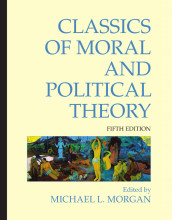The ordinary legislative procedure
8 important questions on The ordinary legislative procedure
To understand the OLP, it helps to remember that it is a PROCESS and that what?
The Lisbon Treaty has also enhanced the role of national parliaments in the legislative process. The Commission has to send all draft legislative acts to the national parliaments at the same time as they are sent to the EU Council and EP, to allow the national parliament to what?
Once the proposal is public, the hustling becomes intensive. Further interest groups will become active, because at this stage it is easier to be aware of a proposal and its likely contents. The Council and EP will solidify their positions, and behind the scenes there is often regular contact between whom and in order to do what?
Conciliation (procedure) = The third stage of the OLP, at which point an equal number of representatives of the EP and Council get together to try to work out an agreement acceptable to all. The conciliation procedure always applies if the EU Council does not approve all of the amendments of the EP adopted at its second reading.
- Higher grades + faster learning
- Never study anything twice
- 100% sure, 100% understanding
The OLP requires what to support the proposal?
The Commission receives amended versions of the proposal from both the EP and the EU Council. It then tries to do what?
What happens if the conciliation committee is succesful?
Once the legislation is agreed, the member states implement it according to their own national systems and processes, but with a care to ensure that the agreed objective is met by each of them. What happens where implementation is not complete?
Infringement proceedings = An action for breach of European law that may result in a court case.
That said, the Commission has no powers to inspect policy implementation, except in competition and agriculture policies, so it is, in reality, the task of citizens or interest groups to do what?
The question on the page originate from the summary of the following study material:
- A unique study and practice tool
- Never study anything twice again
- Get the grades you hope for
- 100% sure, 100% understanding































